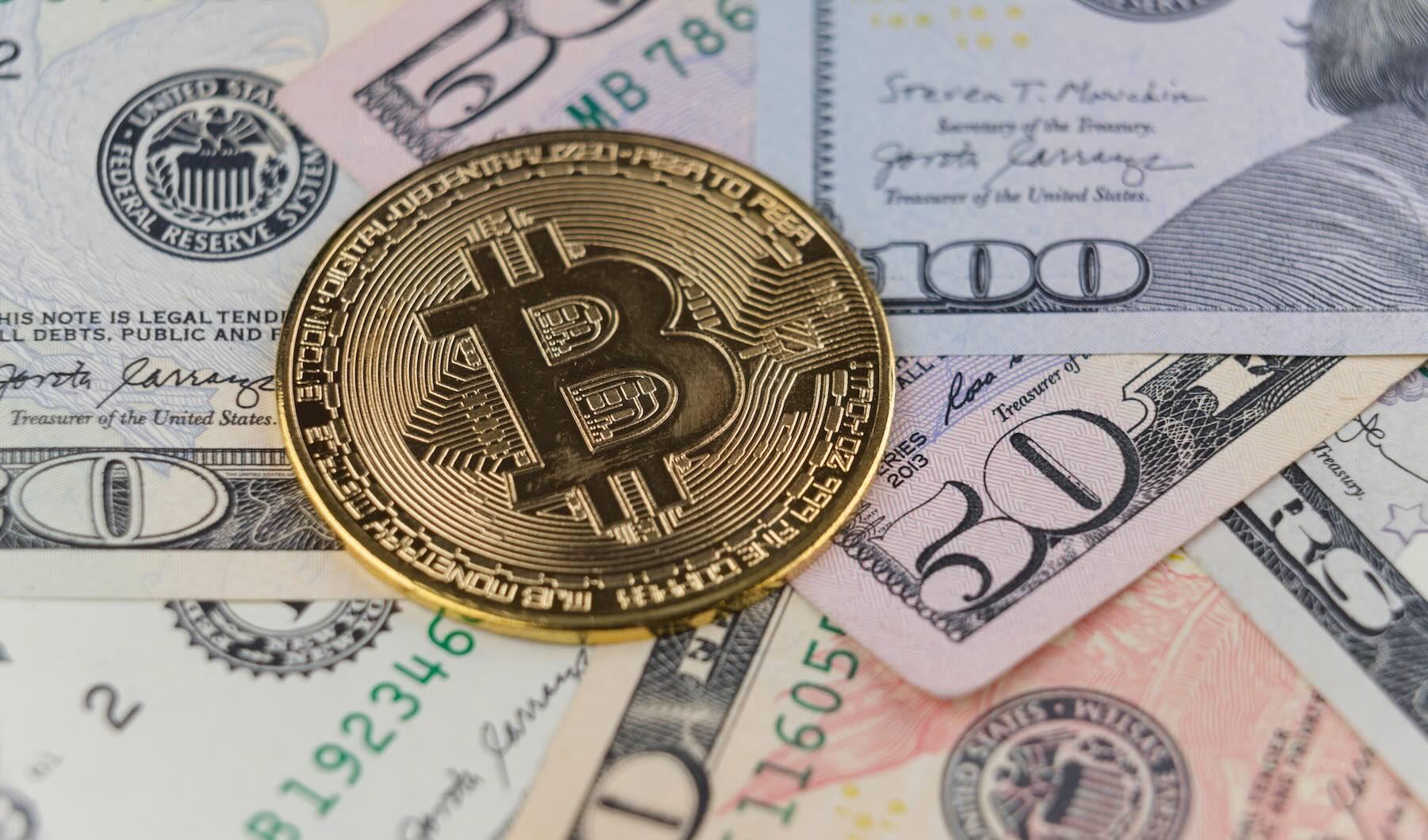Bitcoin as an investment asset has become more legitimate than ever thanks to the approval of spot Bitcoin ETFs in early 2024. When the gates opened to the investment product, billions of dollars flowed into various ETFs and continues to do so. This has helped push Bitcoin’s price from under $50k, to a new all time high before it settled into a range.
All of this has happened before the fourth halving in Bitcoin’s history as well, which has never happened before, namely the new all-time high. It seems apparent that Bitcoin has succeeded as an investment asset that can be considered a store of value but what about as a currency? Though places like El Salvador have adopted it as legal tender, does Bitcoin truly have a shot of succeeding as a currency on a larger scale?
We’ll look at its role as a store of value before discussing whether Bitcoin may ever succeed as a currency, and whether that even matters.
Digital Gold
Though many crypto pundits and certainly Bitcoin maximalists have long considered Bitcoin to be digital gold akin to the real world precious metal, it hasn’t ever had a way to invest as legitimately as it does now thanks to spot Bitcoin ETFs. With the approval of these ETFs, a lot of money has flowed into Bitcoin ETFs and out of gold, perhaps signaling the shift from physical gold to digital gold as the preferred store of value asset.
Bitcoin’s role as a hedge against inflation and poor fiscal policy by nations seems more apparent than ever, as apart from hitting an all time high in USD, Bitcoin had already been breaking through all time highs in just about every other fiat currency.
Store of Value Against Inflation
At least 57 countries globally had inflation rates over 10% in 2023. The United Kingdom’s had inflation of more than 9%, and the United States’ was over 8%.
Though inflation has somewhat reigned in, at least within the US, many other countries such as Argentina, Nigeria, and Egypt, have experienced extreme devaluations for their fiat currencies. This is certainly related to the US’ interest rates, as these nations have to repay their USD debts in USD, which requires them to sell their local currency, leading to its devaluation.
The above nations’ currency devaluations are extreme and outliers, but they certainly don’t preclude devaluations of other fiat currencies as time passes and more USD debts have to be repaid. This is likely why, for residents of countries with a history of inflation or currency risk, Bitcoin seems like such an attractive investment. A country like Japan, where the yen has been steadily dropping against the USD for over a year now, could be one of the first “developed” countries to start seeing devaluation of their currency.
Bitcoin has become a safe haven investment for both citizens and governments facing the above type of situation, which could further push its value up as those bodies look to acquire Bitcoin.
Can Bitcoin Be a Currency?
The idea that there could be a Bitcoin standard for currency isn’t completely farfetched, but it will take a fair amount of work and adoption to get there. Using Bitcoin as a day-to-day currency to buy coffee seems less likely than it being an asset used to settle large payments, store value, and as part of other financial services such as borrowing against it.
The Lightning Network can certainly help Bitcoin be used as a currency, but it may not be what everyone who holds Bitcoin wants to do with it. That said, the Lightning Network does have the potential to be the way that Bitcoin is used as a currency thanks to its transaction speed and settlement with low fees.
In order for Bitcoin to succeed as a currency, it will require things to start being denominated in Bitcoin, not necessarily just as an exchange to Bitcoin. Rather than paying $2 in BTC for a cup of coffee, maybe it will be 2 satoshis (0.00000002 BTC). Of course, this sort of valuation would mean Bitcoin is in the millions per coin.
Does it Matter?
Most people who like Bitcoin as an asset might argue that it doesn’t matter if Bitcoin succeeds as a currency. Though it would be nice, its use case truly is as a store of value. Satoshi Nakamoto created Bitcoin in response to the poor monetary policy that led to the 2008 mortgage crisis in the US and subsequent bailouts.
In the time since Bitcoin’s creation, over 10x the USD that once existed has come into circulation. That 10x has already led to a lot of the issues we see with the current financial landscape around the globe, and doesn’t even take into account the massive debt which the US government also owes, which has to be dealt with at some point in time.
Bitcoin has already shown itself to be an asset with no counterparty risk, as when the banks faced a crisis in spring 2023, Bitcoin’s price jumped 40% in response. It seems to be both a risk-on and a risk-off asset depending on where you are in the world, but the reality is that it doesn’t need to be a globally used currency to succeed in its goals.
Closing Thoughts
Bitcoin’s role in society in the future is hard to pin down. It’s possible that it’s almost entirely used as a store of value with just some regions in the world also using it as legal tender, meaning that it never succeeds as a currency. But gold was never meant to be used as a currency and Bitcoin isn’t necessarily either.
Bitcoin’s role as a store of value has never been more certain, and it will be interesting to see how it shapes up as a currency as the years go by.
